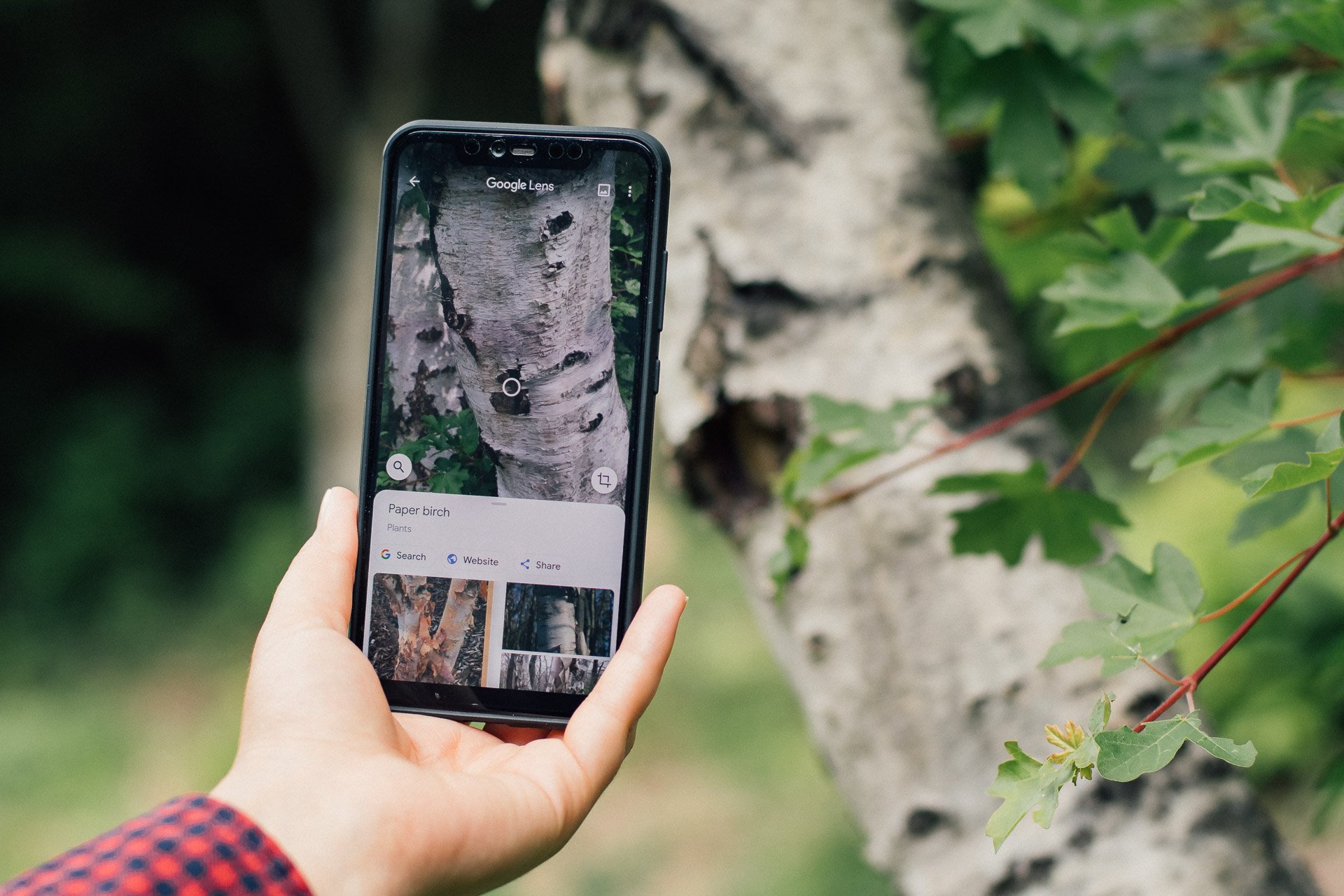Google Lens, the Californian company’s image recognition program now includes new features. The visual analysis app is now able to detect many different skin conditions to aid in their diagnosis.
Google stated in a recently published blog post that their recognition service launched in 2017 comes with new capabilities. Already able to recognize objects using deep learning routines, Lens can now scan your skin. However, Google seriously warns users: Lens cannot replace a proper medical diagnosis. It will always be necessary to turn to a health professional for truly appropriate advice. The use of the application for this purpose is for informational purposes only.
The evolution of Lens for the recognition of skin conditions
The software made in Google already has many features: object recognition, instant content translation or QR code recognition. Lens can now recognize diseases of the dermis. If you suffer from a suspicious rash or a mole that seems abnormal to you, you can unsheath your smartphone so that it detects what is affecting your skin.
Google has been working on this project for several years now. At a conference given in 2021 for I/O developers, the company presented the beginnings of this tool. He was already able to recognize 288 different skin conditions by combining image search through the photo and answers through a questionnaire. According to Google data, the tool presented the correct condition 84% of the time in the top three suggestions given to the user. Be careful though, Lens will not become your personal doctor overnight. Especially if it is the bubonic plague for example, it is in your best interest to consult a pro!
Program limitations and ongoing concerns
Advances of this type may seem impressive at first sight. Nevertheless, caution is still required when using AI-based medical diagnostic tools. One of the main limitations was for users with darker skin. The data banks used to train these AI models suffered from a lack of specific data about these users.
To remedy this problem, Google has teamed up with Ellis Monk, a sociology professor at Harvard University. This is the creator of the Monk Skin Tone Scale (MST), a redesigned recognition model of the Fitzpatrick scale dating from 1975. This one is more precise and is able to recognize 10 levels of different skin colors among the darker tones. Google claims its deep learning system is more accurate with dark-skinned patients, achieving an accuracy rate of 87.9%. It thus exceeds that of other ethnic groups.
Despite this interesting advance in medical diagnosis assistance thanks to AI, it is essential to keep in mind that Lens does not change into a personal doctor. These results should be considered merely as supporting information and should always be confirmed by a dermatology professional. The progress of Lens remains all the same rather fast these last years if one takes into account the relative youth of the project.
Sources: The Verge, Skin Inc., Google

10